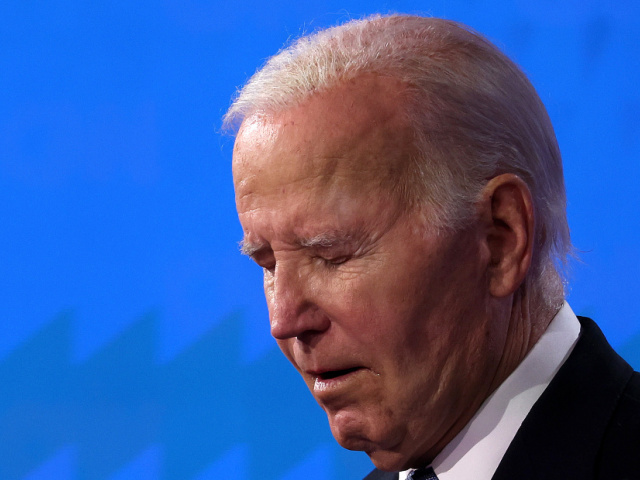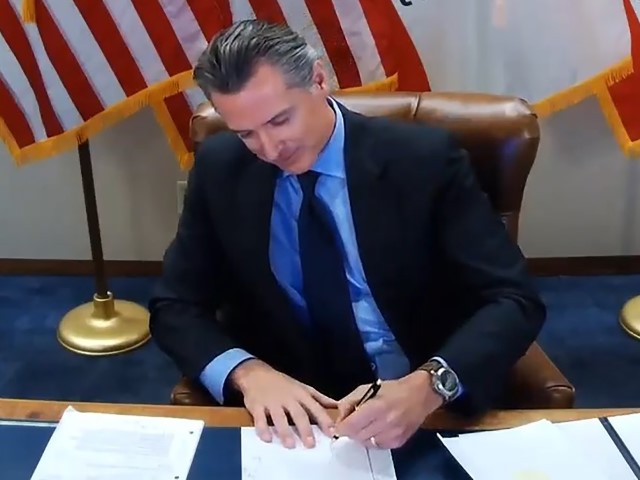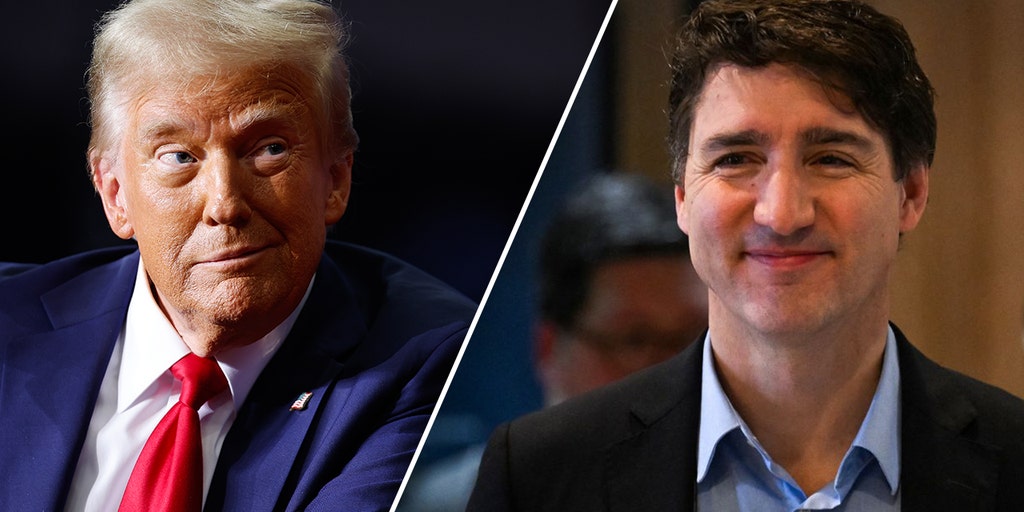Trump Administration Cuts NIH Funding for Biomedical Research

The Trump administration's recent decision to cut billions in funding for biomedical research has caused significant concern among academic leaders and medical institutions. The announcement made by the National Institutes of Health (NIH) has implications for vital research areas, including cancer and heart disease.
The cuts specifically target funding for "indirect" costs associated with research, which include necessary administrative expenses and operational costs. While the NIH emphasizes the importance of directing funds to scientific research rather than administrative overhead, critics argue that the decision will severely hinder research efforts.
The NIH claims the policy change will save over $4 billion annually, effective immediately. The announcement suggested that leading universities, such as Harvard, Yale, and Johns Hopkins, have substantial endowments and do not require federal support.
Universities and research organizations have decried the cuts as a devastating blow to science. Many scientists fear that ongoing research projects could be jeopardized, stressing that not all institutions have the financial resources of elite universities.
Opposition from Democrats highlights potential severe consequences for clinical research and patient care. Critics have pointed out that this shift in funding policy challenges existing laws and threatens critical advancements in medical science.
The NIH's policy change affects how grants are awarded for scientific research on significant health issues. Currently, a considerable portion of awarded grants facilitates overhead costs—averaging between 27 to 38 percent but sometimes exceeding 50 percent at various institutions. The new policy caps this rate at 15 percent, leading to significant funding decreases overnight.
Various experts in the field have expressed alarm over the potential fallout from this abrupt shift, with predictions of job losses, halted clinical trials, and delayed advancements in treatment and prevention.
Despite some support for the decision from Trump allies, concerns remain that the changes will backfire politically and damage the nation's biomedical research landscape.



















